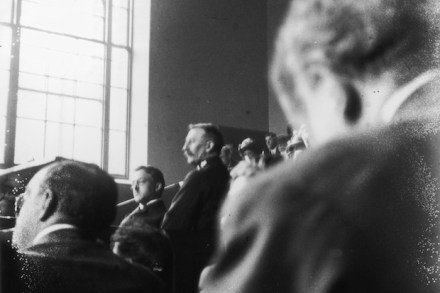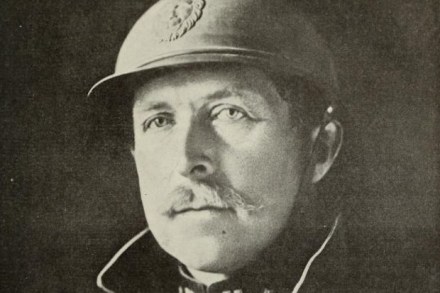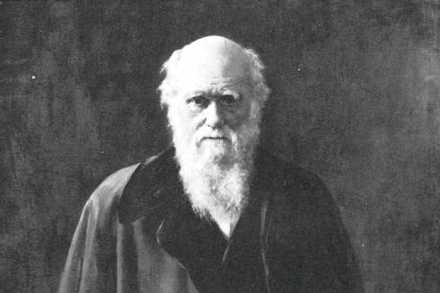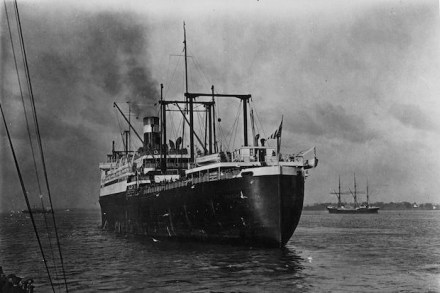The Spectator at war: Coastal conquest
From The Spectator, 24 October 1914: In the western theatre of the war great movements have been going on which have won for themselves the name of the coast battle. Strange as it may sound, it appears that as soon as Antwerp was taken, and the inevitable State parade was finished, General von Kluck determined, or was ordered, to make an advance along the coast in order at least to take Dunkerque, Calais, and Boulogne. The notion that the German General Staff seriously wanted Calais in order that they might fix their giant howitzers and “bombard England” is, of course, a military joke, though apparently believed in by a large




















